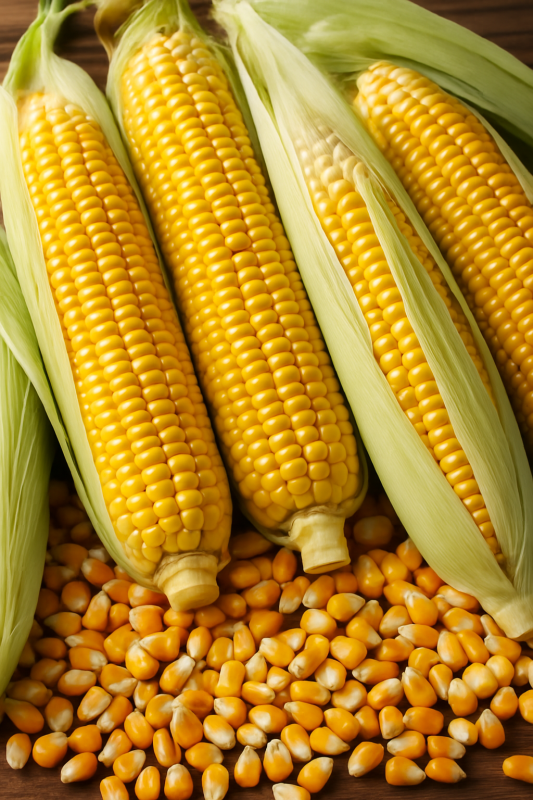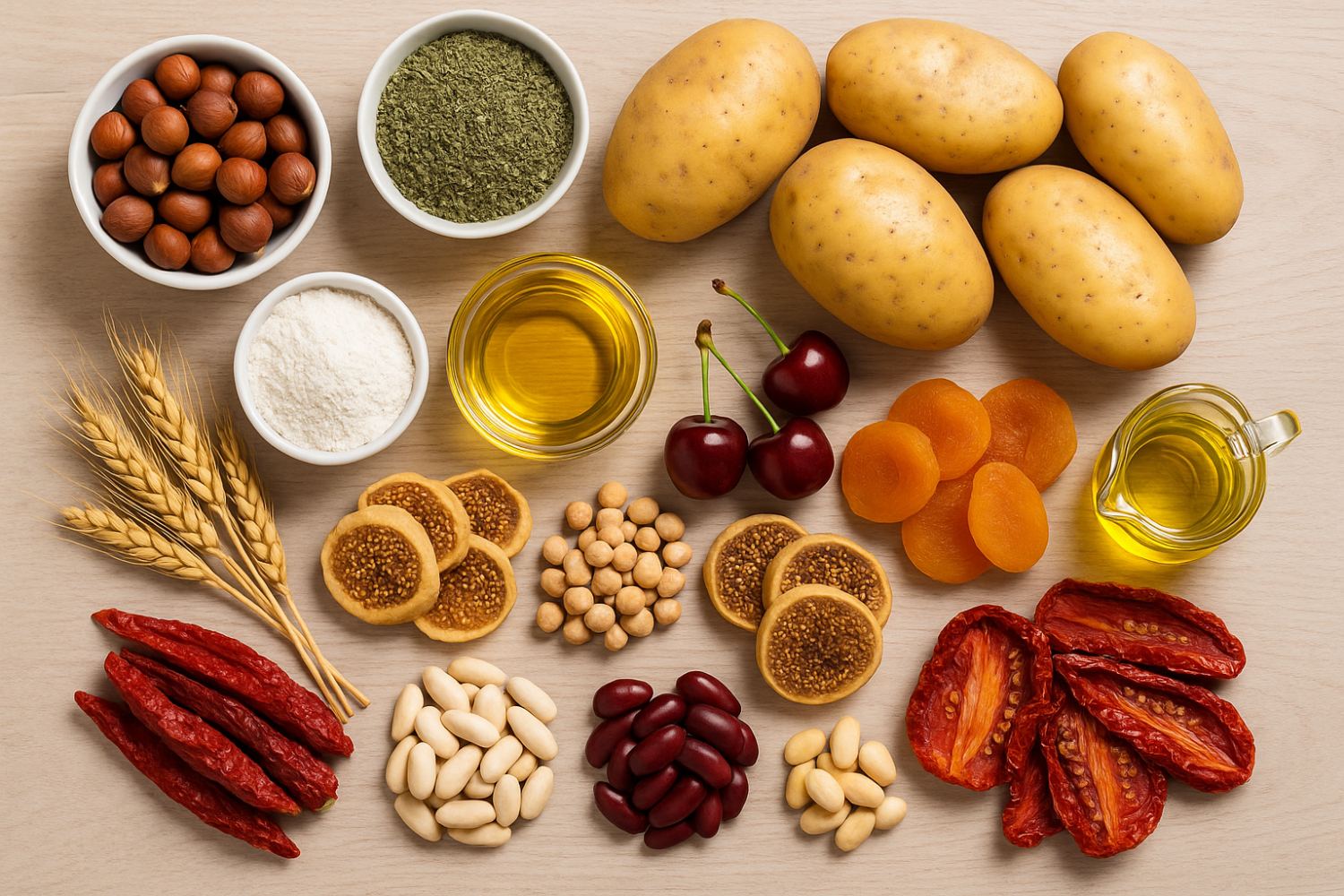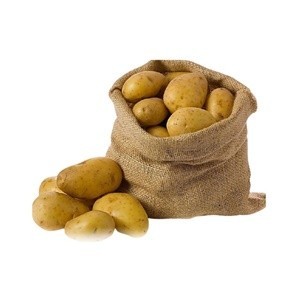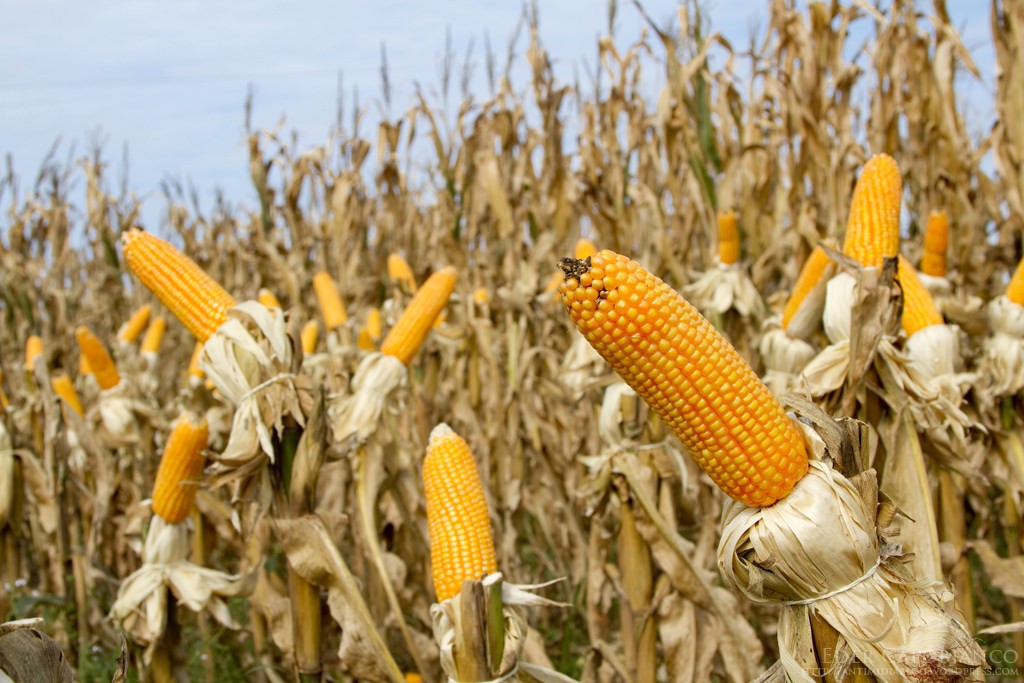Export Beginner’s Guide from Turkey: Customs and Taxes for Agricultural Products
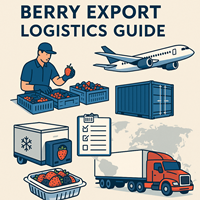
This guide covers:
✔ Key steps for agricultural exports from Turkey
✔ Required documents and certifications
✔ Customs duties and tax exemptions
✔ Common challenges and how to avoid them
Why Export Agricultural Products from Turkey?
Turkey’s strategic location, fertile lands, and competitive pricing make it a top choice for buyers worldwide. Major exported products include:
Fresh fruits & vegetables (apples, cherries, citrus, tomatoes)
Pulses & grains (lentils, chickpeas, lupins)
Processed foods (pickles, olive oil, dried fruits)
Step-by-Step Export Process
1. Obtain an Exporter Registration (Export License)
Register with the Turkish Ministry of Trade (ticaret.gov.tr).
Get a VAT number (required for commercial exports).
2. Comply with Product-Specific Regulations
Phytosanitary Certificate: Mandatory for fresh produce (issued by the Ministry of Agriculture).
Halal Certification: Required for Islamic markets.
Organic Certification: If exporting organic products (EU/NOP standards).
3. Customs Declarations & Required Documents
Commercial Invoice (must include HS Code, weight, value)
Packing List
Bill of Lading (B/L) or Air Waybill
Certificate of Origin (Chamber of Commerce-approved)
Insurance Policy (CIF shipments)
4. Export Taxes and Duties in Turkey
VAT (KDV) Exemption: Agricultural exports are 0% VAT in Turkey.
Customs Duties: Vary by destination country (check via WTO Tariff Finder).
Withholding Tax: Some countries impose import taxes (e.g., Russia, Saudi Arabia).
5. Shipping & Logistics Considerations
Cold Chain Logistics: Essential for perishable goods (berries, fresh fruits).
Incoterms: Use FOB (Free on Board) or CIF (Cost, Insurance, Freight) for safer transactions.
Common Challenges & Solutions
❌ Challenge 1: Delays at Customs
✅ Solution: Work with a licensed customs broker.
❌ Challenge 2: Rejected Shipments Due to Documentation Errors
✅ Solution: Double-check with the Turkish Exporters Assembly (TIM).
❌ Challenge 3: High Logistics Costs
✅ Solution: Compare freight forwarders and use bulk shipping for discounts.
Tax Incentives for Agricultural Exporters
Government Subsidies: Turkey supports exporters via IPARD funds (EU grants).
Free Trade Agreements (FTAs): Reduced tariffs for EU, UK, and Middle East markets.
Final Checklist Before Exporting
☑ Confirm import regulations in the destination country.
☑ Ensure proper packaging and labeling (EU standards for fruits/vegetables).
☑ Arrange cargo insurance for high-value shipments.
Conclusion
Exporting agricultural products from Turkey offers lucrative opportunities but requires careful planning. By following customs rules, securing the right documents, and partnering with reliable logistics providers, you can minimize risks and maximize profits.
Need Help?
➡ Contact TurkishAgro.com for expert guidance on exporting Turkish agricultural products!
Recent Posts
Turkey Export Potato: Premium Agria Quality and Trusted Supply with Bay Patates
Why Turkish Agria Potatoes Stand Out in Quality: Technical Insights for Exporters
Turkish Corn Export Market 2025: Quality, Varieties & Trade Insights
Turkish Potato Exporters: Why Afyonkarahisar’s Agria is the Best for French Fries
Top Turkish Agricultural Companies Exporting Corn (2024 Guide)
Export Beginner’s Guide from Turkey: Customs and Taxes for Agricultural Products
Turkish Agro
Turkish Agro Export Companies – Online Platform for Agricultural Import & Export



